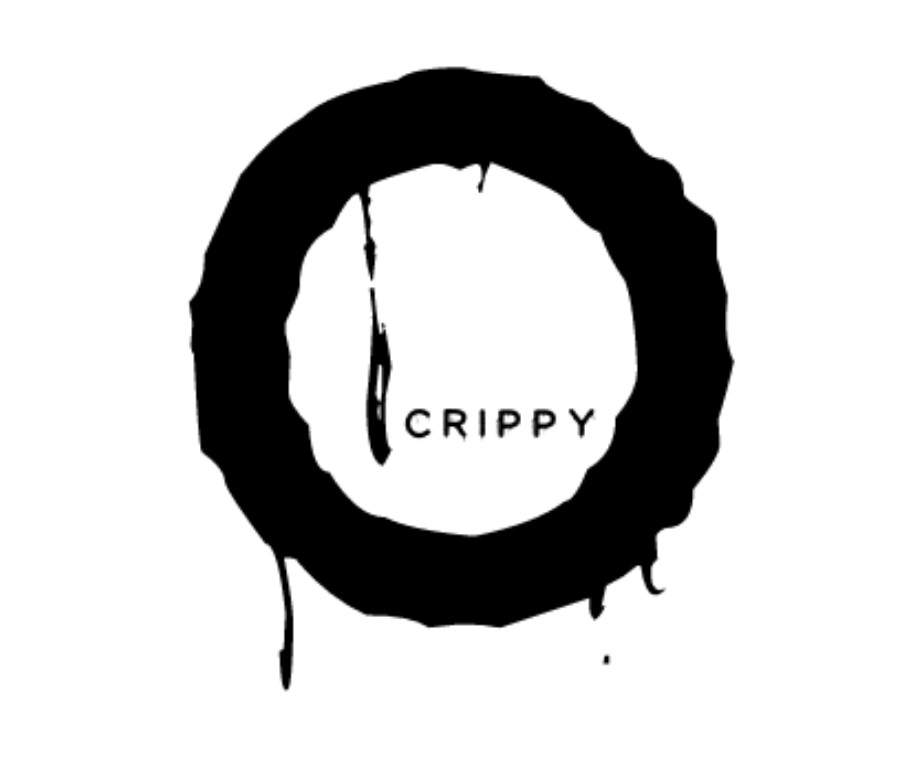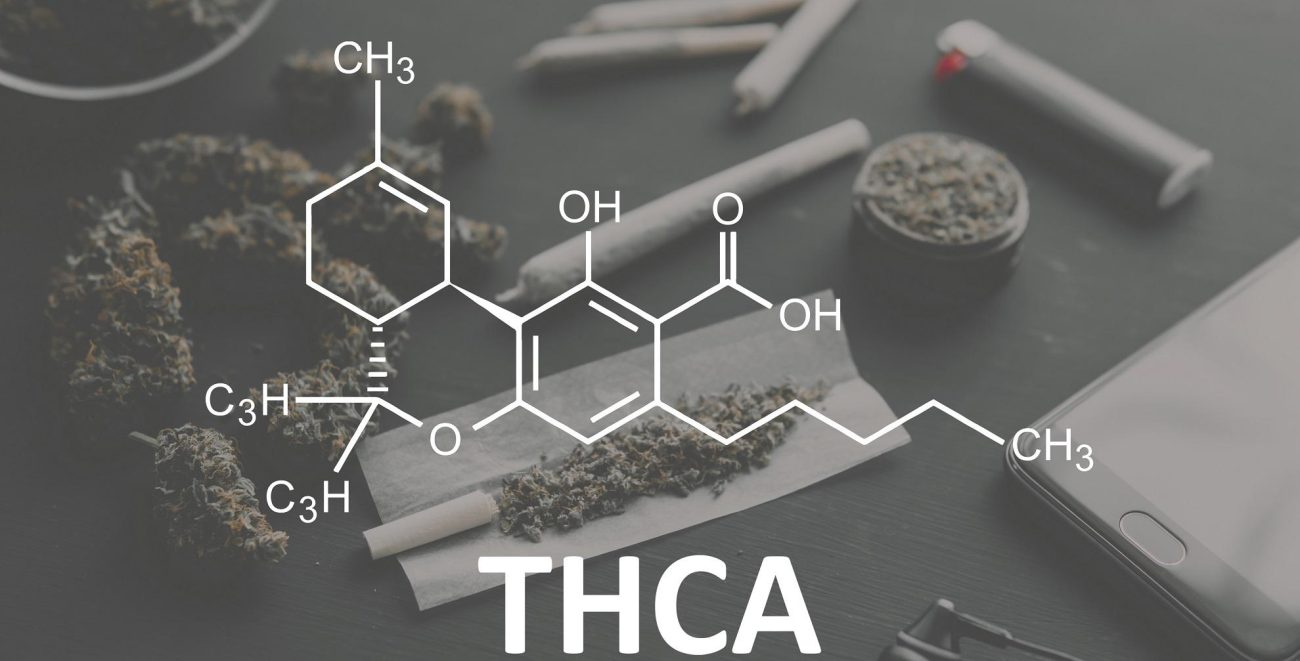THCA Legality by State
Alabama
- Legality: Legal
- Note: Alabama has stringent laws on marijuana. While THCA from hemp is legal, aligning with federal law, carrying a delta-9 THC product can result in a six-month driving privilege suspension. Always carry proof that your product is hemp-derived.
Alaska
- Legality: Legal
- Note: Alaska, a pioneer in legalizing recreational marijuana, allows the purchase and use of THCA with no restrictions.
Arizona
- Legality: Legal
- Note: Arizona legalized recreational marijuana in 2020. All THCA products, regardless of their source, are legal.
Arkansas
- Legality: Gray Area
- Note: THCA from hemp isn’t explicitly illegal, but legal status may depend on delta-9 THC content. Carry third-party lab tests for verification.
California
- Legality: Legal
- Note: California follows federal laws regarding cannabinoids. THCA is legal if derived from hemp and under 0.3% delta-9 THC.
Colorado
- Legality: Legal
- Note: Colorado, being cannabis-friendly, has no restrictions on THCA.
Connecticut
- Legality: Legal
- Note: Connecticut has legalized both medical and recreational marijuana, so there are no restrictions on THCA.
Delaware
- Legality: Legal
- Note: THCA is legal under Farm Bill regulations but remains restricted to medical use outside hemp derivatives.
Florida
- Legality: Legal
- Note: Florida allows THCA from hemp, with delta-9 THC outside the medical program being illegal.
Georgia
- Legality: Legal
- Note: Georgia aligns with federal laws; THCA is legal if hemp-derived and under 0.3% delta-9 THC.
Hawaii
- Legality: Gray Area
- Note: THCA from hemp is legal, but inhalable products are restricted. Marijuana remains decriminalized but not legal for recreational use.
Idaho
- Legality: Illegal
- Note: Idaho maintains a zero-tolerance policy towards THC, making all forms, including THCA, illegal.
Illinois
- Legality: Legal
- Note: Illinois has no restrictions on THCA, with legal marijuana for both medical and recreational use.
Indiana
- Legality: Legal
- Note: Indiana allows hemp-derived THCA with less than 0.3% delta-9 THC, despite conservative views on cannabis.
Iowa
- Legality: Legal
- Note: Iowa follows federal cannabis regulations, not addressing hemp-derived THCA specifically.
Kansas
- Legality: Gray Area
- Note: THCA is legal if hemp-derived and contains 0% THC, but delta-9 THC remains illegal.
Kentucky
- Legality: Legal
- Note: Kentucky’s laws on hemp-derived THC products suggest THCA is legal if under 0.3% delta-9 THC.
Louisiana
- Legality: Gray Area
- Note: Louisiana’s strict laws on THC make the legal status of hemp-derived THCA unclear.
Maine
- Legality: Legal
- Note: Maine, a cannabis-friendly state, allows the free purchase of THCA products.
Maryland
- Legality: Legal
- Note: THCA legality depends on delta-9 THC content. The state decriminalized small marijuana amounts but remains strict on concentrated extracts.
Massachusetts
- Legality: Legal
- Note: Massachusetts permits the free purchase of THCA products for those over 21.
Michigan
- Legality: Legal
- Note: Michigan allows the use of THCA products from both hemp and marijuana sources.
Minnesota
- Legality: Legal
- Note: Minnesota legalized recreational marijuana as of August 1, 2023, for adults 21 and older.
Mississippi
- Legality: Gray Area
- Note: Mississippi follows federal guidelines on cannabis, allowing THCA products under 0.3% delta-9 THC.
Missouri
- Legality: Legal
- Note: Missouri permits THCA products from hemp under Farm Bill compliance.
Montana
- Legality: Legal
- Note: Montana legalized recreational marijuana use for adults, with no restrictions on THCA products.
Nebraska
- Legality: Legal
- Note: Nebraska allows hemp-derived products under federal THC limits, although recreational marijuana remains illegal.
Nevada
- Legality: Legal
- Note: Nevada legalized both medical and recreational marijuana use, making all forms of THCA legal.
New Hampshire
- Legality: Legal
- Note: THCA from hemp is legal under 0.3% delta-9 THC, with recreational marijuana still illegal.
New Jersey
- Legality: Legal
- Note: New Jersey has no restrictions on THCA, legalizing both marijuana and hemp for adults.
New Mexico
- Legality: Legal
- Note: New Mexico follows federal guidelines, allowing THCA products under 0.3% delta-9 THC.
New York
- Legality: Legal
- Note: New York legalized recreational marijuana, making all forms of THCA legal.
North Carolina
- Legality: Legal
- Note: North Carolina allows hemp-derived THCA under 0.3% delta-9 THC, with marijuana decriminalized.
North Dakota
- Legality: Legal
- Note: North Dakota permits hemp-derived THCA under 0.3% THC.
Ohio
- Legality: Legal
- Note: Ohio legalized recreational marijuana use as of November 7, 2023, for adults 21 and older.
Oklahoma
- Legality: Gray Area
- Note: Oklahoma’s strict cannabis laws make THCA’s legal status unclear.
Oregon
- Legality: Illegal
- Note: Oregon restricts THCA, considering it a precursor to THC exceeding legal limits.
Pennsylvania
- Legality: Legal
- Note: Pennsylvania follows federal regulations, allowing THCA under 0.3% delta-9 THC.
Rhode Island
- Legality: Illegal
- Note: Rhode Island classifies THCA as illegal marijuana, restricted without a medical license.
South Carolina
- Legality: Legal
- Note: THCA is legal in South Carolina under federal THC limits.
South Dakota
- Legality: Legal
- Note: South Dakota permits hemp-derived THCA under Farm Bill compliance.
Tennessee
- Legality: Legal
- Note: Tennessee allows hemp-derived THCA under federal THC guidelines.
Texas
- Legality: Legal
- Note: Texas follows federal cannabis guidelines, allowing Farm Bill-compliant THCA.
Utah
- Legality: Gray Area
- Note: Utah’s laws on THC make the status of hemp-derived THCA unclear.
Vermont
- Legality: Gray Area
- Note: Vermont allows hemp-derived THCA under 0.3% THC, recently banning delta-8 THC.
Virginia
- Legality: Legal
- Note: Virginia permits hemp-derived THCA under federal THC guidelines.
Washington
- Legality: Legal
- Note: Washington legalized all forms of cannabis, including THCA.
West Virginia
- Legality: Legal
- Note: West Virginia follows federal guidelines, allowing hemp-derived THCA.
Wisconsin
- Legality: Legal
- Note: Wisconsin permits hemp-derived THCA under federal laws, with medical access to marijuana-derived THCA.
Wyoming
- Legality: Legal
- Note: Wyoming allows hemp-derived THCA under federal THC limits, with strict marijuana laws.
Navigating the Complex Landscape of THCA Legality in the U.S.
Cannabis legislation in the United States can often feel like a maze, particularly when it comes to cannabinoids like THCA (tetrahydrocannabinolic acid), which have garnered interest for their potential benefits and effects. With the evolving nature of cannabis laws, many consumers find themselves questioning the legality of THCA in their state.
The legal landscape of cannabis and its derivatives, including cannabinoids, varies widely across the country. Even in states with established marijuana markets, complexities arise with certain cannabinoids like delta-8, delta-10, and THCA.
In this piece, we delve into the current legal standing of THCA both federally and state-by-state.
Disclaimer: This article is not intended as legal advice. While we strive to present information that is accurate and current, cannabis laws are dynamic and subject to change. We encourage readers not to rely exclusively on this content for legal decisions.
Quick Guide to THCA
For those short on time, here are the essential points on this trending topic in the cannabis industry:
- THCA Defined: THCA, or tetrahydrocannabinolic acid, is the non-psychoactive precursor to THC, the compound known for its psychoactive effects.
- Conversion to THC: THCA transforms into THC when exposed to heat, as in cooking, smoking, or vaping.
- Compliance with the Farm Bill: THCA is not classified as a Controlled Substance under the 2018 Farm Bill, which legalized hemp and its derivatives. This includes THCA, provided the final product contains no more than 0.3% delta-9 THC by dry weight.
- Legal Loopholes: In some regions, THCA products may be more readily available than THC products due to varying interpretations of hemp laws. This could offer a legal grey area for those seeking cannabis’s psychoactive effects.
- State-by-State Legality: Rather than listing where THCA is legal, it’s simpler to mention where it’s not: Arkansas, Idaho, Minnesota, Oregon, and Rhode Island are less THCA-friendly.
The takeaway is that cannabis laws are continually shifting and can be complex. It’s crucial to stay informed about the legal status of cannabis in your jurisdiction and understand any legal risks associated with the use of these products.

